Breakfasts may consist of simple, no-cook items like porridge or granola bars, depending on how long you're camping for. Eggs and cured meats—which don't need to be refrigerated—are further breakfast classics. Nuts and seeds provide a satisfying and nutritious snack when hiking. They are also lightweight and simple to pack.
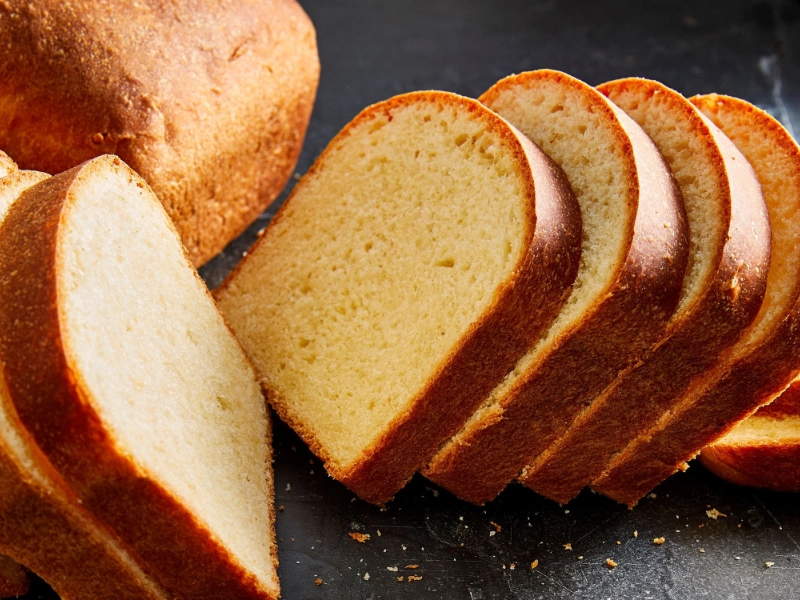
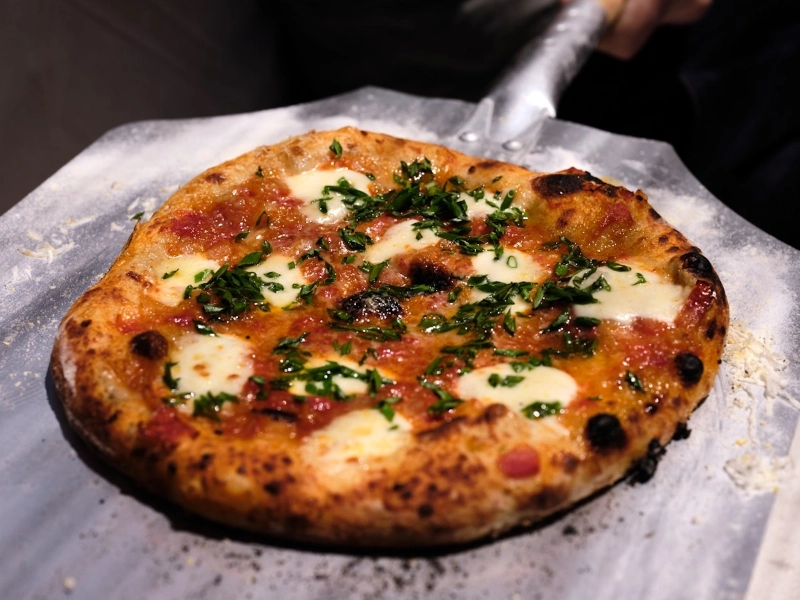 Many people's favorite food is pizza, and eating it while camping is much more enjoyable. Pizza is simple to make over a campfire, whether you use an aluminum foil packet or a cast iron dutch oven. It tastes great.
Prepare the coals before cooking your pizza. A bed of coals with flames licking the sides—not over them—is what you want.
Roll out the dough on a floured surface (the back of a camp plate, a cooler, or a chopping board work well). Add as much sauce, cheese, and toppings as you like to the pan. Put in the oven, and bake for thirty minutes or so.
Many people's favorite food is pizza, and eating it while camping is much more enjoyable. Pizza is simple to make over a campfire, whether you use an aluminum foil packet or a cast iron dutch oven. It tastes great.
Prepare the coals before cooking your pizza. A bed of coals with flames licking the sides—not over them—is what you want.
Roll out the dough on a floured surface (the back of a camp plate, a cooler, or a chopping board work well). Add as much sauce, cheese, and toppings as you like to the pan. Put in the oven, and bake for thirty minutes or so.
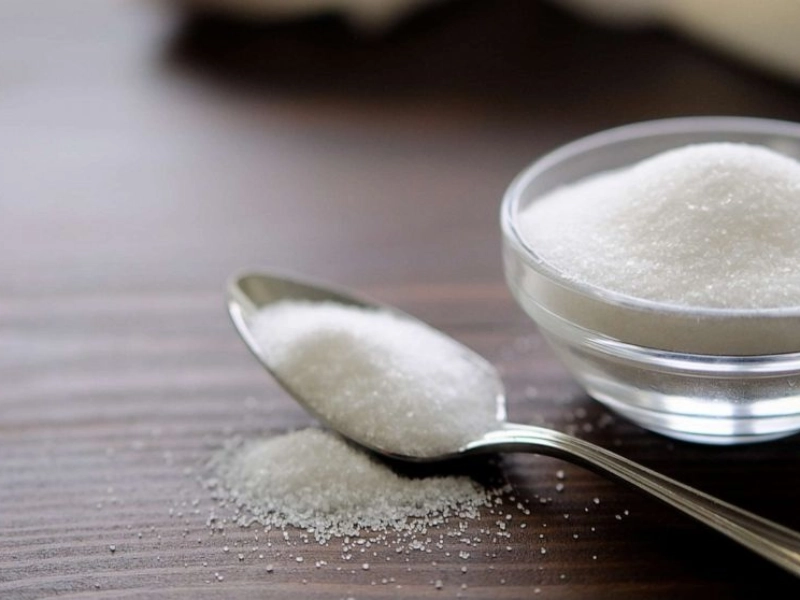 Chocolate is a must-have camp food, whether it's used in pancakes or as a sweet topping for s'mores. It doesn't need to be refrigerated and is convenient to eat on the go.
Grains are a staple food when camping and may be utilized to make a variety of satisfying dishes. They can be baked into a delicious baked potato that's a steaming blank canvas for toppings, or made into pasta, rice, or couscous.
Another essential item for camping vacations is vegetables. They can be consumed uncooked or included in stews, soups, and other camp cuisine. They are also useful for on-the-go quick meals like vegetarian stir-fries, salads, power bowls, and grilled tofu or tempeh kebabs.
Chocolate is a must-have camp food, whether it's used in pancakes or as a sweet topping for s'mores. It doesn't need to be refrigerated and is convenient to eat on the go.
Grains are a staple food when camping and may be utilized to make a variety of satisfying dishes. They can be baked into a delicious baked potato that's a steaming blank canvas for toppings, or made into pasta, rice, or couscous.
Another essential item for camping vacations is vegetables. They can be consumed uncooked or included in stews, soups, and other camp cuisine. They are also useful for on-the-go quick meals like vegetarian stir-fries, salads, power bowls, and grilled tofu or tempeh kebabs.
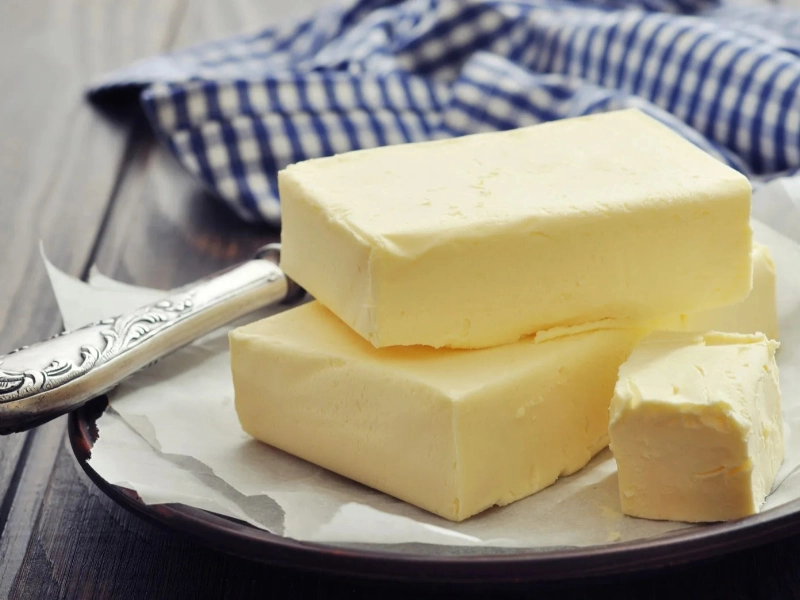 One of the best meals to have while camping is butter, which can be put on anything from toast to pancakes and doesn't need to be refrigerated. Campsite dinners will taste better with a little bottle of olive oil or canola, and a container of parmesan cheese will keep for a long time.
If you're more of a savory snacker, go for something strong in protein, like beef jerky. The cured pork will satisfy your appetites if you're feeling peckish and may be savored while trekking or lounging in the tent. Steer clear of high-sodium diets, as they may lead to prolonged water retention and blood pressure increase.
One of the best meals to have while camping is butter, which can be put on anything from toast to pancakes and doesn't need to be refrigerated. Campsite dinners will taste better with a little bottle of olive oil or canola, and a container of parmesan cheese will keep for a long time.
If you're more of a savory snacker, go for something strong in protein, like beef jerky. The cured pork will satisfy your appetites if you're feeling peckish and may be savored while trekking or lounging in the tent. Steer clear of high-sodium diets, as they may lead to prolonged water retention and blood pressure increase.
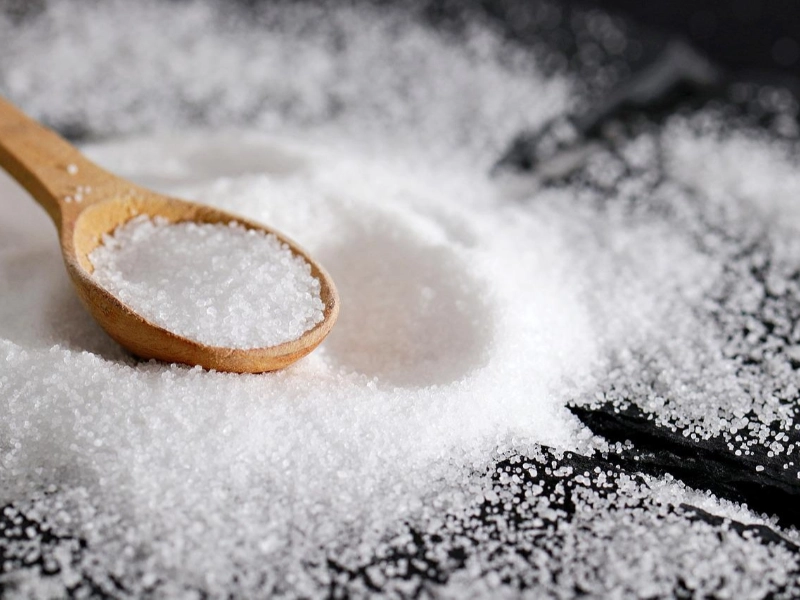 Because many prepackaged foods are rich in sodium, it might be problematic to rely only on them when camping. Foods high in salt can lead to water retention, which over time can raise blood pressure.
Instead, to enhance the flavor of meals, carry a tiny salt shaker. Additionally, it can aid in making up for salt lost through perspiration while camping or hiking.
Finally, bring lightweight bowls, plates, and cups. It's a good idea to have a three-bin dish system, a strainer, biodegradable soap, and a sponge or scrub brush in the car. Additionally, include a towel or paper towels for post-meal cleanup. This will reduce the quantity of soiled dishes you have to clean when you return home.
Because many prepackaged foods are rich in sodium, it might be problematic to rely only on them when camping. Foods high in salt can lead to water retention, which over time can raise blood pressure.
Instead, to enhance the flavor of meals, carry a tiny salt shaker. Additionally, it can aid in making up for salt lost through perspiration while camping or hiking.
Finally, bring lightweight bowls, plates, and cups. It's a good idea to have a three-bin dish system, a strainer, biodegradable soap, and a sponge or scrub brush in the car. Additionally, include a towel or paper towels for post-meal cleanup. This will reduce the quantity of soiled dishes you have to clean when you return home.
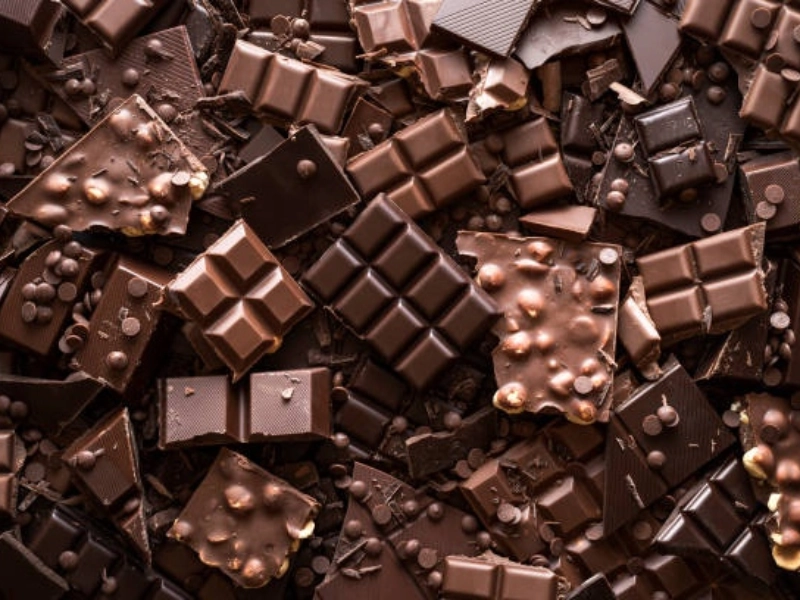 There are many different snacks that will sate your cravings for chocolate while camping, so you don't need to pack a whole ice cream maker. These include things like granola bars, sliced bananas, and chips, and may be made ahead of time or quickly by the campfire.
Cooking outside can provide several difficulties. When planning your next camping vacation, these quick and easy recipes for meals at the campsite can save you time and effort. These recipes are perfect for camping, from zesty taco bowls to simple breakfast burritos. Your best meals can be enhanced by adding a homemade sauce or salad dressing!
There are many different snacks that will sate your cravings for chocolate while camping, so you don't need to pack a whole ice cream maker. These include things like granola bars, sliced bananas, and chips, and may be made ahead of time or quickly by the campfire.
Cooking outside can provide several difficulties. When planning your next camping vacation, these quick and easy recipes for meals at the campsite can save you time and effort. These recipes are perfect for camping, from zesty taco bowls to simple breakfast burritos. Your best meals can be enhanced by adding a homemade sauce or salad dressing!